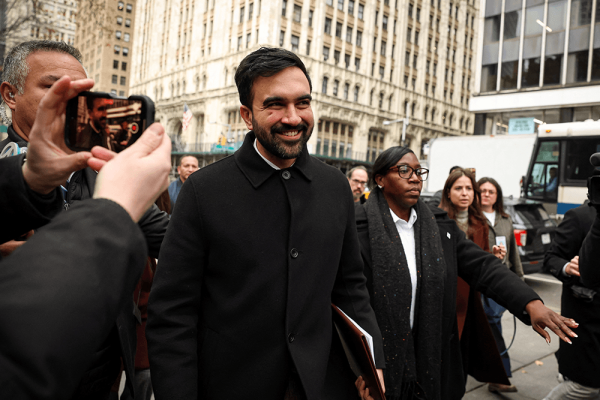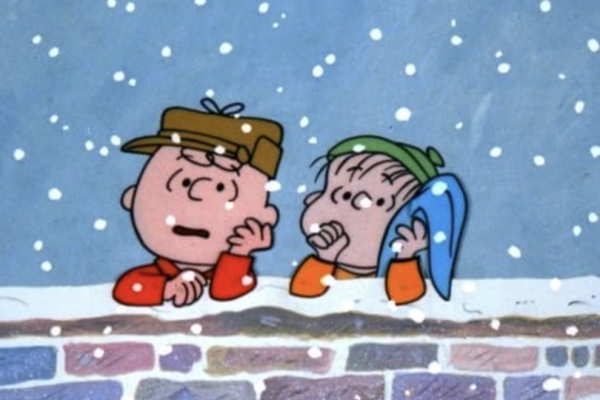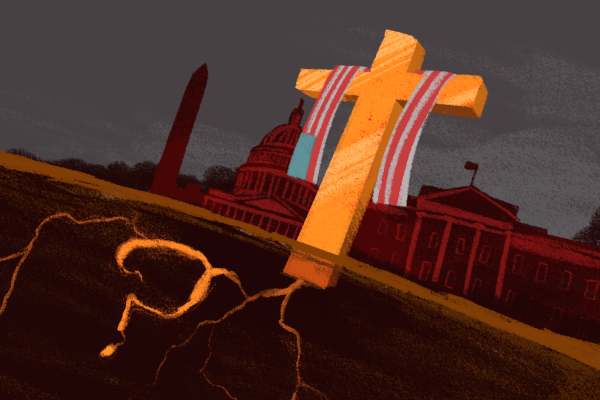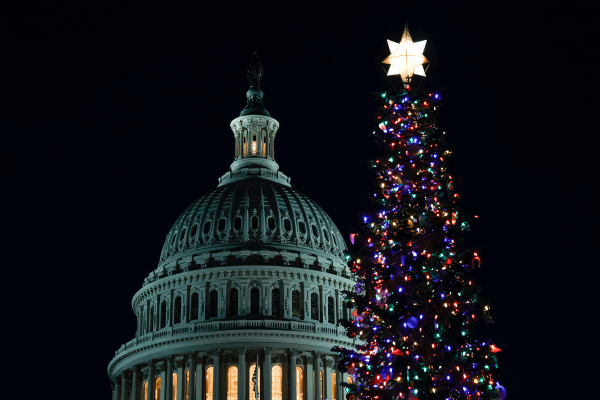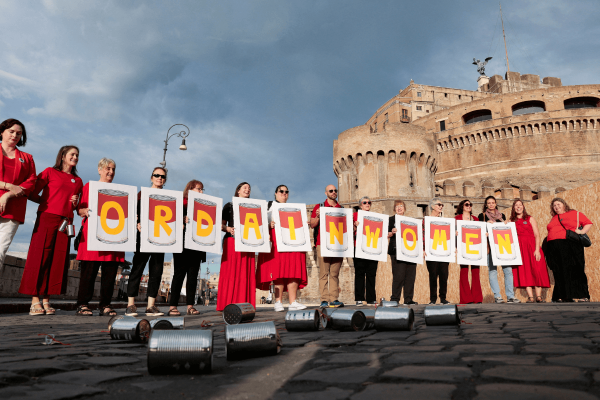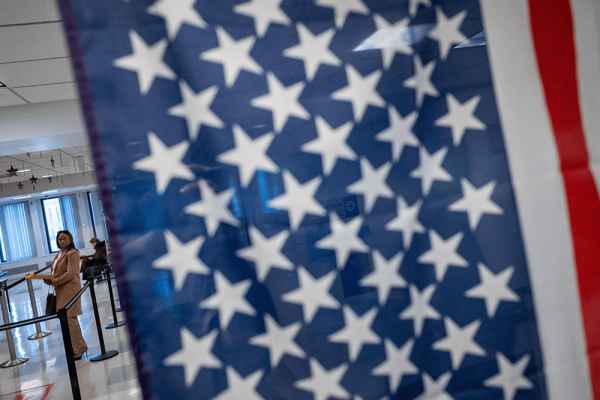This Christmas, I’m looking forward to curling up on a snowy morning with one of my favorite stories: J.R.R. Tolkien’s The Lord of the Rings. Whether in book or film, Tolkien’s high fantasy remains politically relevant and holds a prescient message for the Advent season.
When President Donald Trump and New York Mayor-elect Zohran Mamdani first met back in November, I had to laugh. Partially because there is something deeply absurd about these two men—Mamdani, a self-proclaimed Democratic Socialist, and Trump, who once proclaimed he wished to be a dictator for “one day”—smiling and posing for photos in the Oval Office. But I mainly found myself laughing because, despite the drastic differences between these two politicians, both have been critical to my own faith and political journey.
As Zohran Mamdani prepares to take the New York City mayor’s office, he’s tapped several NYC faith leaders to work on his transition team, centering affordability and day-to-day needs of New Yorkers.
Mamdani’s election was one of the most successful in recent memory. Mamdani, who entered the race as a relatively unknown upstart, defeated former Gov. Andrew Cuomo in a primary and general election—becoming the first candidate since 1969 to earn over one million votes. Over a month after Mamdani’s victory, much of the excitement behind his campaign has yet to waver.
Mamdani’s transition team, made up of 17 advisory committees and more than 400 people helping to advise his incoming administration, received more than 50,000 applications. Among those selected to facilitate his transition are at least 18 faith and religious leaders from a range of traditions.
Of the Christian leaders listed, the denominations represented include Baptists, Seventh-day Adventists, and Episcopalians, spread across committees focused on housing, youth and education, and community safety. Those faith leaders told Sojourners they looked forward to working with the Mamdani administration.
One of the stranger moviegoing experiences of my life was walking out from The Last Jedi and feeling sure I’d experienced a masterpiece. I’m not the most devoted Star Wars fan, but I thought I’d seen something special. I still do. So, you can imagine my surprise when the rest of the world was, shall we say, a little divided on The Last Jedi.
I’m not here to relitigate that whole exhausting conversation now. But while watching that movie, I felt a connection to the filmmaker, Rian Johnson. Something in the way he navigated the power of belief, the handing down of received wisdom, and the challenges of carving new paths in old traditions spoke to me. I was not surprised to later learn that Johnson had been raised in the church, and I was delighted when he decided to take that as both the theme and setting of the third Knives Out film, his wildly popular murder mystery franchise starring Daniel Craig’s Foghorn Leghorn-throated detective Benoit Blanc.
Sufjan Stevens’ Songs for Christmas boxset includes a memoir essay about how the smell of a burning spatula sent him tumbling into old Christmas memories and, eventually, something like a spiritual revelation—“a tragic-comic-sentimental shock that was simultaneously mundane and supernatural.”
In the vision Stevens describes, the smell of melting plastic becomes a portal to the whole universe, past and present, and “at the very center of the universe I saw the Christ Child … This was the mysterious Incarnation of God. It feels about right that Stevens would treat Christmas like both a theological mystery and a craft-store accident.
For five years now, Sojourners has created a list of our favorite films of the year. And because we’re Sojourners and not Vulture or IndieWire, our list follows a different set of priorities. We only focus on films that are concerned with spirituality or justice (or when we’re really lucky, both).
This year, more than any of the other four years we’ve done this round-up, I was struck by the sheer number of films grappling with faith and justice.
Over the past several months, the Department of Homeland Security has steadily released promotional videos recruiting Americans to join DHS agencies like Immigration and Customs Enforcement. These videos include clips of military agents loading into armored vehicles, bombs falling from planes, and overhead shots of barren cities.
One of my least favorite December rituals is putting up Christmas lights. I loathe having to untangle the strands and can never quite summon the patience to put them up as beautifully as many of our neighbors. Needless to say, our house will never win any Christmas light competition. At the same time, I love the beauty of a well-adorned house, glowing with light that cuts through the darkness and communicates joy.
But before we get to the light, we must first contend with the darkness.
A high-level Vatican commission voted against allowing Catholic women to serve as deacons, maintaining the global Church's practice of all-male clergy, according to a report given to Pope Leo and released on Thursday.
The commission, in a 7-1 vote, said historical research and theological investigation “excludes the possibility” of allowing women to serve as deacons at this time but recommended further study of the issue.
In late November, a child care worker at The PLACE, a refugee center in Amarillo, Texas, reported to work with a worried look on her face. She asked Brady Clark, whose community development nonprofit helps run The PLACE, if the latest announcement from the Trump administration would affect her family. She was referring to a memo from U.S. Citizenship and Immigration Service announcing it would re-interview all refugees admitted under President Joe Biden and beyond—an estimated 233,000 people.
The USCIS memo, dated Nov. 21, said the agency will terminate the refugee status of people already in the U.S. if they are found not to meet refugee criteria. The memo claims the Biden administration potentially prioritized expediency, quantity, and admissions over quality interviews and detailed screening and vetting.

